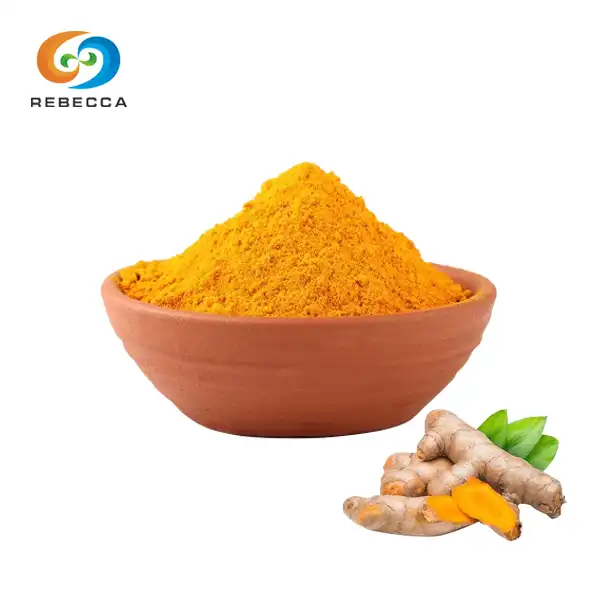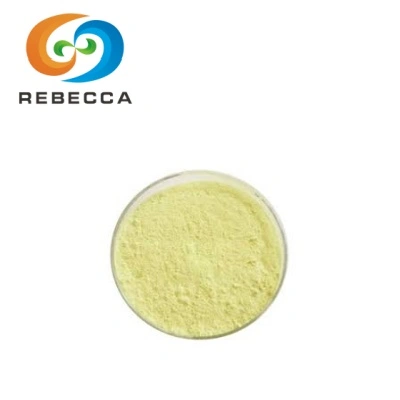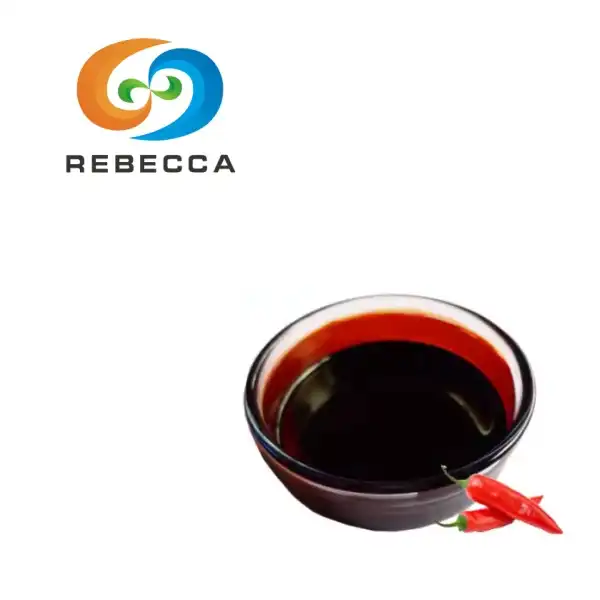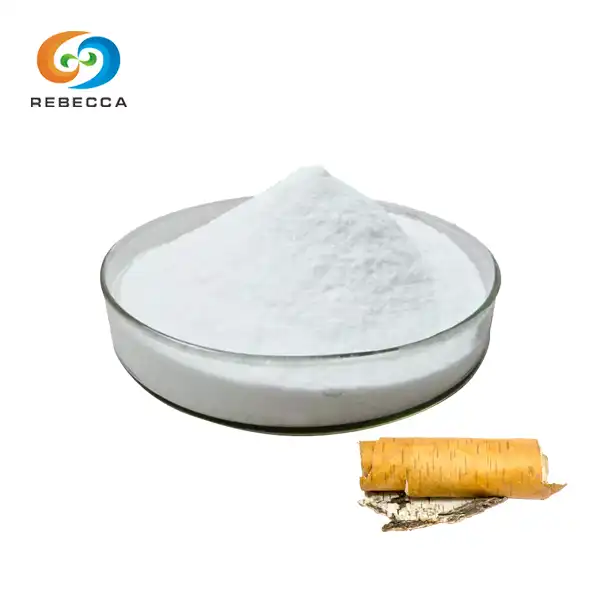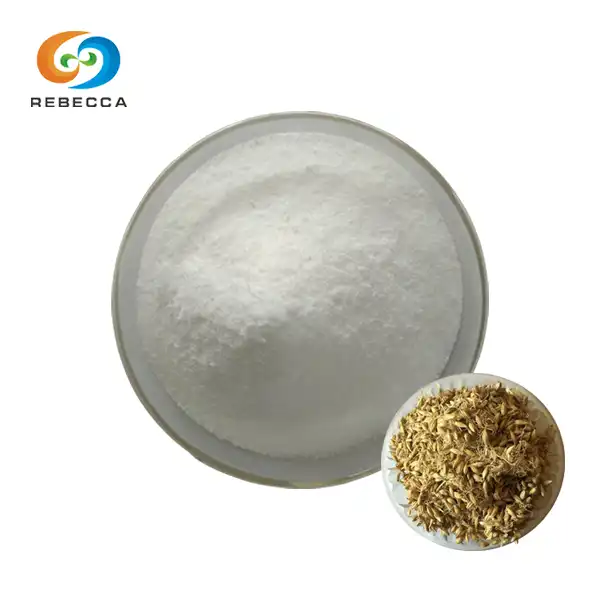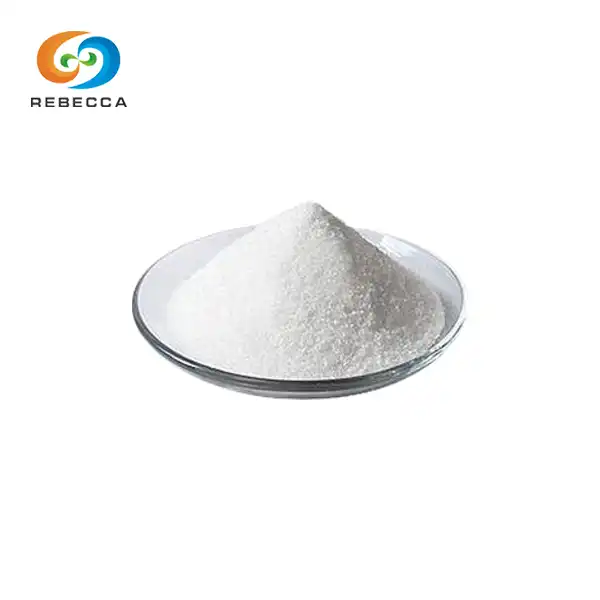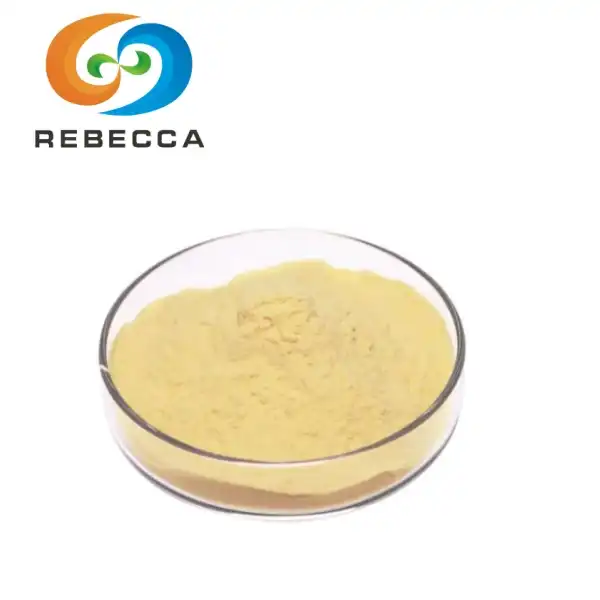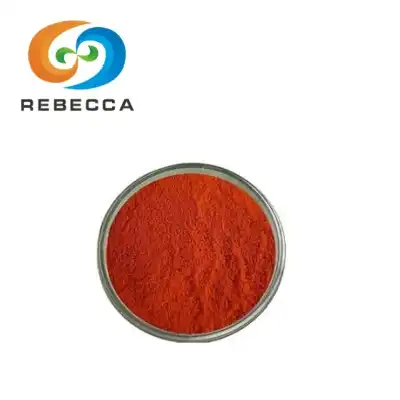Is fucoxanthin FDA approved?
fucoxanthin powder, derived from brown seaweed, is not FDA approved as a drug or medication. However, it is available as a dietary supplement ingredient under FDA regulations. The FDA does not approve dietary supplements but monitors their safety and manufacturing practices. Fucoxanthin can be legally sold in the United States as a supplement, provided manufacturers comply with Good Manufacturing Practices (GMP) and do not make unapproved health claims.
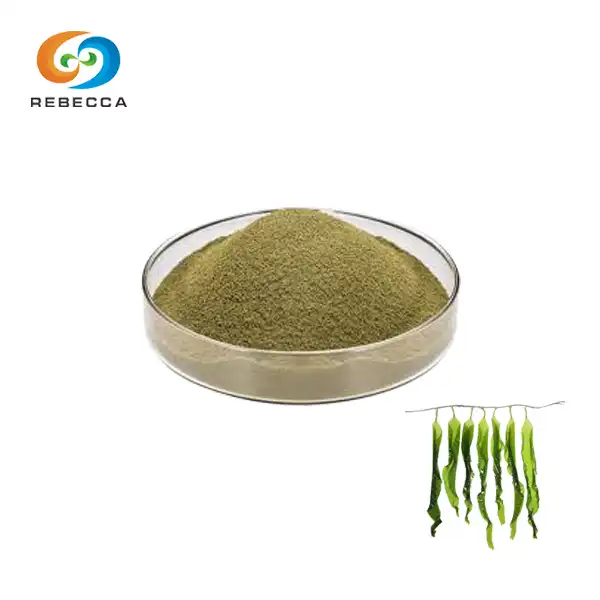
Fucoxanthin Powder
【English name】: Kelp Extract
【Latin Name】: Laminaria japonica.
【CAS No.】: 3351-86-8
【Molecular Formula】: C42H58O6
【Active ingredients】: Fucoxanthin,Fucoidan sulfate, Laminarin /Laminaria japonica polysaccharides /Kelp Polysaccharides.
【Specification】: Fucoxanthin 5%~50% UV; Fucoidan sulfate 10%~95% GC; Kelp Polysaccharides 10%~95% UV.
【Use Part】 : Laminaria japonica thallus.
【Appearance】: Fucoxanthin(Brown green yellow powder);Fucoidan(Off-white to light yellow powder);Kelp Polysaccharides(Brown yellow to white powder)
【Mesh size】:80 Mesh
【Test Method】:UV,GC.
FDA regulations for supplements
Understanding DSHEA and supplement oversight
The Dietary Supplement Health and Education Act (DSHEA) of 1994 established the regulatory framework for dietary supplements in the United States. Under DSHEA, supplements are regulated as food products rather than drugs. This classification means that fucoxanthin powder and other supplement ingredients do not require pre-market approval from the FDA before being sold to consumers.
However, this doesn't mean supplements are unregulated. Manufacturers are responsible for ensuring their products are safe before marketing them. They must also comply with specific labeling requirements and adhere to Good Manufacturing Practices (GMP) to ensure product quality and consistency.
FDA's role in monitoring supplement safety
While the FDA doesn't approve supplements, it plays a crucial role in monitoring their safety. The agency has the authority to take action against unsafe or misbranded supplement products after they reach the market. This post-market surveillance includes reviewing adverse event reports, conducting inspections of manufacturing facilities, and analyzing product samples.
For fucoxanthin powder and other supplement ingredients, the FDA relies on manufacturers to ensure safety and quality. However, if safety concerns arise, the FDA can issue warnings, request product recalls, or take legal action against companies violating regulations.'
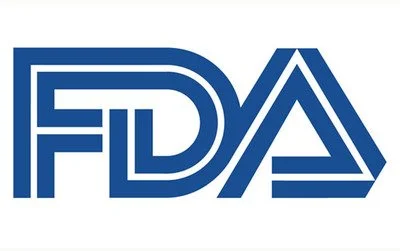
Fucoxanthin's current regulatory status
Fucoxanthin as a dietary supplement ingredient
Fucoxanthin powder is currently marketed as a dietary supplement ingredient in the United States. As a natural component of edible brown seaweeds, it falls under the broad category of dietary ingredients defined by DSHEA. Manufacturers can include fucoxanthin in supplement formulations, provided they comply with all relevant FDA regulations.
The regulatory status of fucoxanthin allows for its use in various supplement forms, including capsules, powders, and liquid extracts. However, it's important to note that while the ingredient itself is permitted, specific product formulations may require additional regulatory considerations.
GRAS status and self-affirmed safety
Some fucoxanthin powder manufacturers have pursued Generally Recognized as Safe (GRAS) status for their ingredients. GRAS designation indicates that qualified experts consider the ingredient safe for its intended use. While GRAS status is not required for dietary supplements, it can provide additional assurance of safety to consumers and potential business partners.
Many fucoxanthin producers rely on self-affirmed GRAS status, where they conduct their own safety assessment based on publicly available scientific data. This self-affirmation process, while not officially recognized by the FDA, demonstrates a commitment to safety and can be an important factor for companies considering fucoxanthin for their products.
Ongoing research and potential future approvals
The regulatory landscape for fucoxanthin powder continues to evolve as new research emerges. Ongoing studies are exploring its potential health benefits, which could lead to new regulatory pathways in the future. For example, if substantial evidence demonstrates specific health effects, manufacturers might pursue structure/function claims or even consider applying for approval as a new dietary ingredient.
As research progresses, it's possible that fucoxanthin could be considered for more targeted regulatory approvals. However, any such developments would require extensive scientific evidence and regulatory review processes.

Ensuring safety: Choosing quality fucoxanthin products
Third-party testing and quality certifications
To ensure the safety and quality of fucoxanthin powder, reputable manufacturers often engage in third-party testing. Independent laboratories can verify the purity, potency, and absence of contaminants in fucoxanthin products. Look for supplements that have been tested by recognized organizations such as NSF International, USP, or ConsumerLab.
Quality certifications provide additional assurance of product safety and consistency. Certifications like ISO 9001 for quality management systems or specific organic certifications can indicate a manufacturer's commitment to maintaining high standards throughout the production process.
Reputable manufacturers and transparent sourcing
Choosing fucoxanthin products from reputable manufacturers is crucial for ensuring safety and efficacy. Look for companies that are transparent about their sourcing and production methods. Reputable producers will often provide information about the seaweed species used, harvesting locations, and extraction processes employed to obtain fucoxanthin.
Transparency in the supply chain can help ensure that the fucoxanthin powder is derived from clean, sustainable sources and processed using methods that preserve its bioactive properties. Some manufacturers may offer traceability information, allowing customers to verify the origin and journey of their fucoxanthin from seaweed to supplement.
Evaluating fucoxanthin purity and potency claims
When selecting fucoxanthin products, it's important to carefully evaluate purity and potency claims. High-quality fucoxanthin powder should have a standardized concentration of the active compound, typically expressed as a percentage. Look for products that clearly state the fucoxanthin content and provide analytical data to support their claims.
Be wary of products making exaggerated claims or offering unusually high concentrations at suspiciously low prices. Reputable manufacturers will provide certificates of analysis (COA) that detail the product's composition, including the presence of any potential contaminants or impurities.
While fucoxanthin is not FDA approved as a drug, it is available as a dietary supplement ingredient under existing regulations. The FDA's oversight of supplements focuses on ensuring safety and proper manufacturing practices rather than pre-market approval. As research on fucoxanthin continues, consumers and industry professionals should stay informed about its regulatory status and choose high-quality products from reputable sources. By understanding the current regulatory landscape and prioritizing safety and quality, stakeholders can make informed decisions about fucoxanthin use in dietary supplements.

Fucoxanthin Powder Manufacturer
Shaanxi Rebeccia is a leading manufacturer. Our state-of-the-art production facility employs advanced extraction, separation, and purification technologies to ensure the highest standards of product quality and consistency. We adhere strictly to GMP and ISO standards throughout our manufacturing process, from raw material sourcing to final product delivery. Our fucoxanthin powder is available in concentrations ranging from 5% to 50%, determined by UV spectroscopy. We also offer related brown seaweed extracts, including fucoidan sulfate (10%-95% by GC) and kelp polysaccharides (10%-95% by UV). Our products undergo rigorous quality control to guarantee safety, purity, and efficacy. For inquiries about our fucoxanthin or other marine-derived ingredients, contact us at information@sxrebecca.com.
References
- FDA. (2022). Dietary Supplement Products & Ingredients.
- NIH. (2023). Dietary Supplements: What You Need to Know.
- Journal of Nutrition. (2021). Fucoxanthin: A Review of Chemistry, Bioavailability, and Bioactivities.
- Nutrients. (2022). Fucoxanthin: Potential Health Benefits and Regulatory Status.
- Marine Drugs. (2023). Recent Advances in Fucoxanthin Research.
- ConsumerLab. (2023). Fucoxanthin Supplement Quality Ratings.
